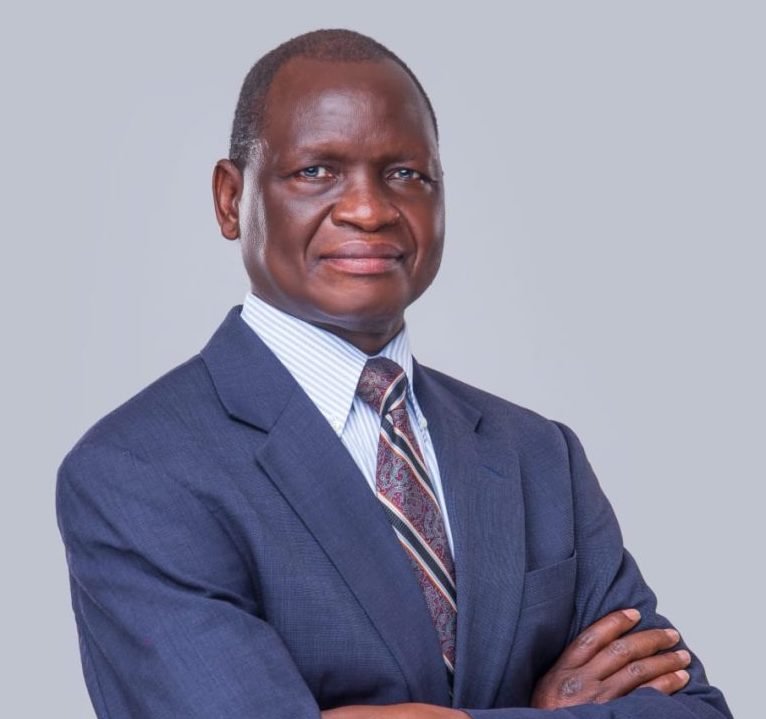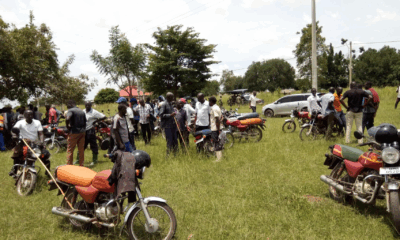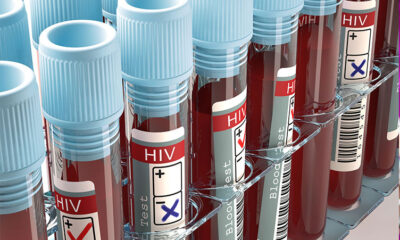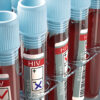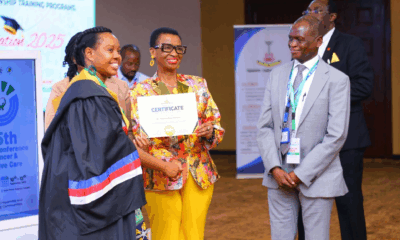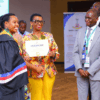Health
Uganda Cancer Institute Chief Dr Orem Warns of Soaring Oesophageal Cancer Cases: “Let Your Tea Cool Before You Drink It”
The Executive Director of the Uganda Cancer Institute (UCI), Dr. Jackson Orem, has issued a stark warning to Ugandans about the rising threat of oesophageal cancer, now ranked as the country’s fifth most common cancer and the second leading cause of cancer-related deaths, after cervical cancer.
Speaking at a recent press briefing in Kampala, Dr. Orem called for urgent public attention to lifestyle-related risk factors, particularly the consumption of scalding-hot beverages, which he described as a “completely avoidable” cause of cancer.
“Let your tea cool before drinking it,” Dr. Orem urged. Consuming beverages above 65 degrees Celsius repeatedly damages the lining of the oesophagus and significantly increases cancer risk. This is a small change with a big impact.”
A Silent and Lethal Disease
Oesophageal cancer affects the muscular tube that connects the mouth to the stomach. The disease is often diagnosed at an advanced stage due to the absence of early warning signs. “Most patients come to us only when the disease is far advanced,” Dr. Orem noted. “By then, treatment options are limited and costly.”
Common symptoms include difficulty swallowing, persistent heartburn, unexplained weight loss, and chest discomfort. However, Dr. Orem emphasised that many risk factors are preventable through behavioural change and education.
In many Ugandan communities, drinking tea, porridge, or soup while still boiling is considered normal, or even a sign of resilience. But Dr. Orem challenged this deeply ingrained practice.
“We must dispel the notion that drinking hot tea is a cultural badge of honour. It is a health hazard that we can no longer ignore.”
Lifestyle and Environmental Triggers
Beyond hot drinks, Dr. Orem identified indoor air pollution, tobacco use, excessive alcohol consumption, and poor diets as leading contributors to the growing burden of oesophageal cancer.
He warned that many rural families continue to cook with charcoal or firewood in enclosed kitchens, exposing household members to smoke and toxic fumes.
“Long-term exposure to smoke causes chronic inflammation of the oesophagus, a known precursor to cancer. Transitioning to cleaner cooking technologies, like liquefied petroleum gas (LPG), improved stoves, or biogas, could drastically reduce this risk.”
Dr. Orem also highlighted the synergistic danger of smoking and alcohol.
“Tobacco use alone increases cancer risk significantly. When combined with heavy alcohol consumption, the risk becomes exponentially higher.”
Nutrition is another critical factor in cancer prevention. Dr. Orem noted that many Ugandans consume diets high in carbohydrates and saturated fats but lacking in fruits and vegetables.
“This dietary imbalance contributes to vitamin deficiencies, weakens the body’s natural defences, and reduces its ability to repair cellular damage.”
He also pointed to fluoride contamination in groundwater in certain regions and the link between poor oral hygiene and oesophageal cancer.
“Brushing teeth twice a day should be a national health priority—not just to prevent dental problems, but because it may reduce cancer risk,” he advised.
Dr. Orem stressed that reversing the current trend will require coordinated public health education and the active involvement of community leaders, faith-based institutions, and schools.
“We need to embed cancer prevention messages in school health clubs, radio programs, church sermons, and community gatherings,” he said. “Children should learn early that a healthy lifestyle is a lifelong asset.”
The Uganda Cancer Institute is currently scaling up its mobile outreach services, expanding nutrition and hygiene education, and working with local governments to promote safe cooking methods and better diets.
Prevention Over Cure
“Treating advanced cancer is difficult, expensive, and often too late. But preventing it is simple and affordable. Avoid smoking, limit alcohol, eat a balanced diet, improve kitchen ventilation, and yes, let your tea cool.”
He called on all Ugandans, individuals, families, and policymakers, to take ownership of their health and support national efforts to reduce the cancer burden. “Every action matters. Prevention is not just a slogan. It is our most effective, accessible, and humane defence.”
Comments



